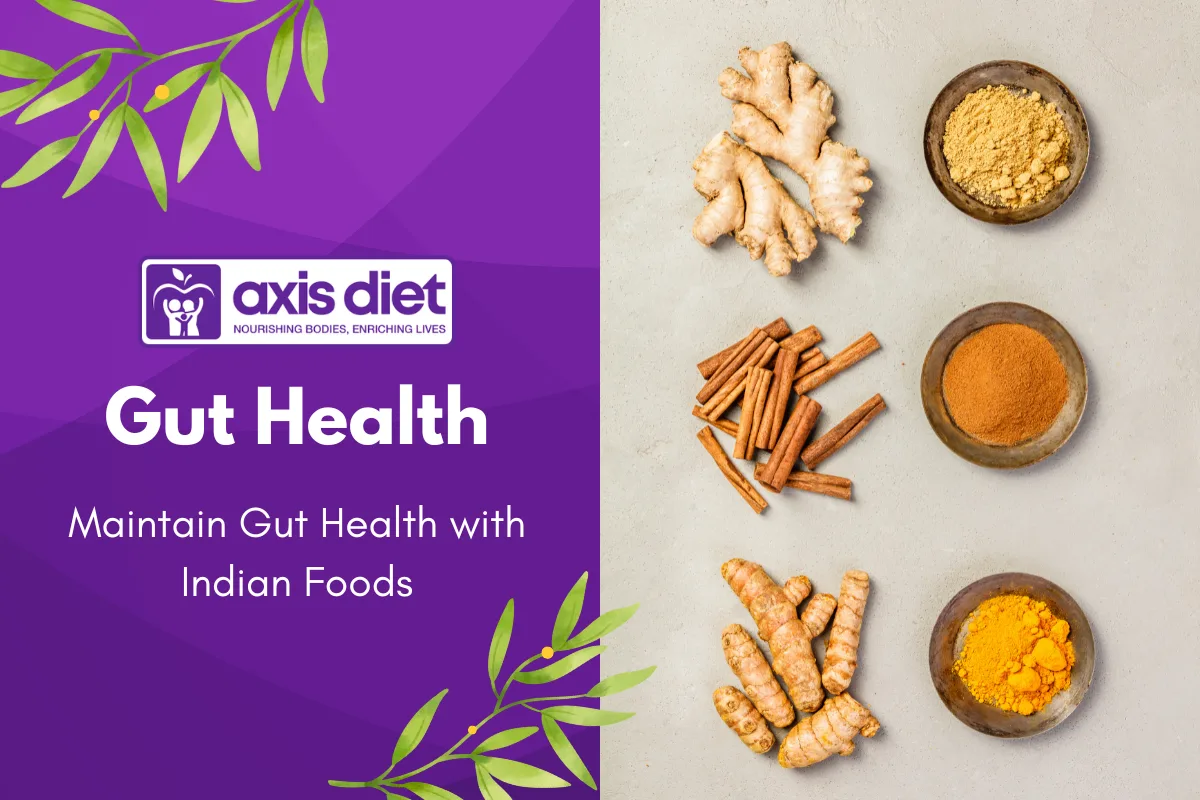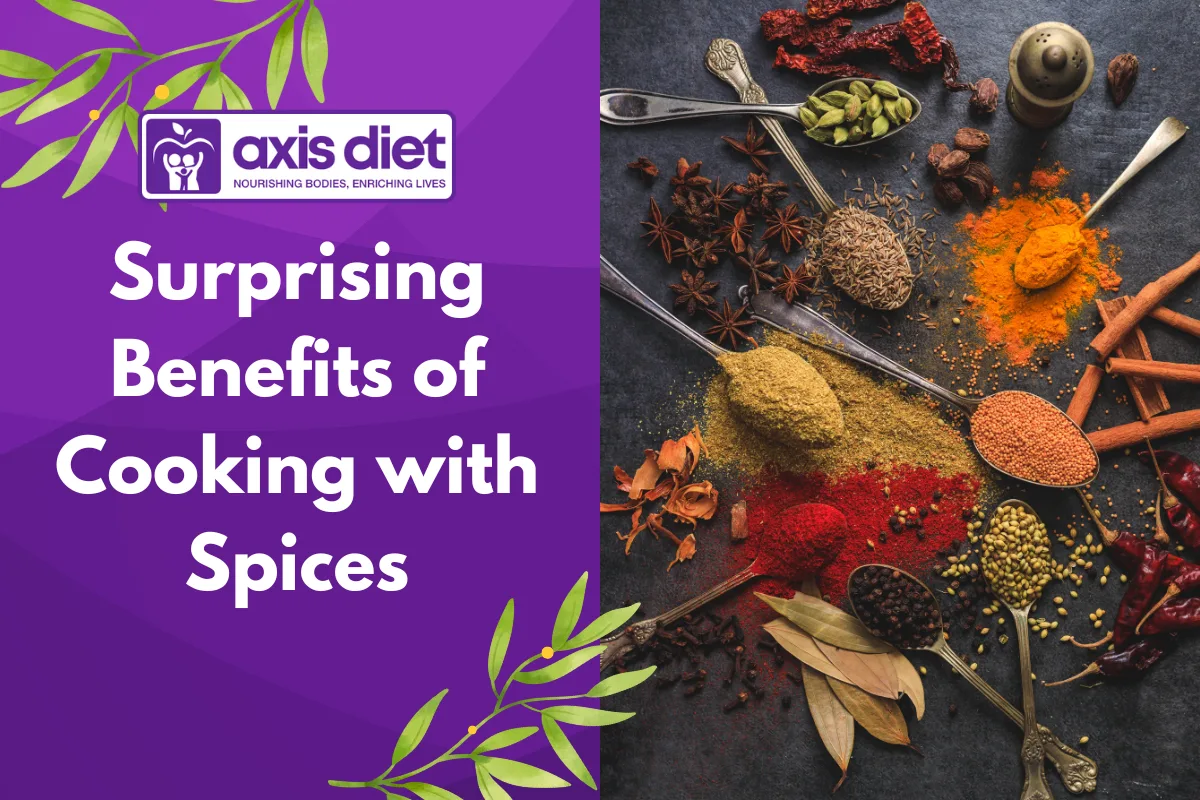Gut health is often overlooked, yet it serves as a cornerstone for overall well-being. The gut is responsible for digestion, absorption of nutrients, and is home to a vast number of microorganisms known as the gut microbiota, which plays a crucial role in our health. A disrupted gut can lead to various health issues, making it essential to focus on maintaining and enhancing gut health. In this article, we will explore the significance of gut health for our overall well-being, dive into the probiotic and prebiotic foods commonly found in an Indian diet, examine how traditional spices like turmeric and ginger contribute to better digestion, and discuss common gut issues along with natural solutions tailored toward Indian cuisine. With a deeper understanding, we can embrace a dietary approach that nurtures our gut and, ultimately, our health.
Why Gut Health Matters for Overall Well-Being
Understanding why gut health matters requires us to explore its multifaceted role within the body. The gut is often referred to as the “second brain” due to its extensive connection with the central nervous system. The gut microbiome—the collection of trillions of bacteria residing in our intestines—has a profound influence on our immune function, metabolism, and mental health.
Here are several reasons why maintaining gut health is vital:
- Immune System Regulation: About 70% of the immune system resides in the gut. A healthy gut flora can modulate immune responses, helping to protect against infections and diseases.
- Nutrient Absorption: The gut is instrumental in digesting food and absorbing nutrients. A healthy microbiome aids in breaking down complex carbohydrates, fats, and proteins.
- Mental Health: There is a well-established gut-brain axis that links the gut and brain. An imbalance in gut bacteria can lead to mental health issues such as anxiety and depression.
- Chronic Disease Prevention: Poor gut health has been associated with conditions like obesity, diabetes, and cardiovascular diseases. A balanced gut flora may help reduce the risk of these chronic illnesses.
Given these points, nurturing gut health should be a priority. With the influence of diet being paramount, traditional Indian foods offer a wealth of options that promote a healthy gut.
Probiotic and Prebiotic Foods in the Indian Diet
Probiotic foods are those that contain live beneficial bacteria, while prebiotic foods are non-digestible fibers that serve as nourishment for these bacteria. Incorporating both types into your diet can lead to a more balanced microbiome.
In the context of Indian cuisine, several staples are rich in probiotics and prebiotics:
- Curd (Yogurt): A popular source of probiotics, curd has been a dietary staple in India for centuries. It is loaded with beneficial bacteria such as Lactobacillus, which aids in digestion and boosts immune health.
- Fermented Foods: Items like idli and dosa, made from fermented rice and lentils, are rich in probiotics. Consuming these traditional foods can aid in maintaining a healthy gut microbiota.
- Fruits and Vegetables: High in prebiotic fibers, foods like bananas, onions, garlic, and asparagus can foster healthy gut bacteria. Indian salads often incorporate these ingredients.
- Whole Grains: Foods like brown rice, barley, and whole wheat are excellent sources of prebiotic fiber, promoting a healthy digestive system.
Incorporating these foods into our daily meals not only enriches flavor but also supports gut health, bridging the gap between traditional knowledge and modern nutritional science.
How Spices Like Turmeric and Ginger Improve Digestion
Spices are an integral part of Indian cuisine, not only for their flavor but also for their health benefits. Two spices, turmeric and ginger, stand out in their ability to improve digestion and gut health.
Turmeric: Known for its active ingredient curcumin, turmeric has powerful anti-inflammatory and antioxidant properties. Studies have shown that curcumin can positively affect gut microbiota by reducing pro-inflammatory bacteria and promoting beneficial strains. This can lead to improved gut barrier function, reducing the risk of leaky gut syndrome and other digestive issues.
Ways to incorporate turmeric into your diet include:
- Adding it to curries and soups
- Making turmeric tea or golden milk
- Sprinkling it on roasted vegetables
Ginger: Another notable spice, ginger has long been recognized for its digestive benefits. It can help alleviate nausea, reduce bloating, and improve overall digestion. The compounds found in ginger can stimulate saliva, bile, and gastric enzymes, facilitating better nutrient absorption and a smoother digestive process.
To utilize ginger effectively:
- Drink ginger tea after meals
- Add fresh ginger to stir-fry dishes
- Use ginger in marinades for meats
When used wisely, these spices can reinforce gut health while adding depth of flavor to your meals, showcasing how traditional Indian cooking can contribute to modern health practices.
Common Gut Issues and How to Fix Them Naturally
Despite the best efforts to maintain gut health, many individuals face common gastrointestinal issues such as bloating, constipation, and acid reflux. Fortunately, many of these issues can be addressed naturally through dietary choices and lifestyle adjustments.
Bloating: One of the most common complaints, bloating can be alleviated by implementing the following strategies:
- Incorporating more fiber-rich foods like lentils and beans to aid digestion.
- Drinking herbal teas such as peppermint or chamomile.
- Avoiding carbonated drinks that can introduce excess gas.
Constipation: This issue can be countered with:
- Staying hydrated by drinking plenty of fluids.
- Consuming probiotic-rich foods like curd and fermented vegetables.
- Eating a diet high in fruits and vegetables that are high in water content.
Acid Reflux: To manage acid reflux naturally:
- Eating smaller, more frequent meals instead of large meals.
- Incorporating ginger and turmeric in cooking.
- Avoiding spicy foods right before bed.
These natural approaches can help to mitigate common gut issues, promoting better digestive health. Embracing these practices within the framework of Indian cuisine can provide both cultural comfort and health benefits.
Conclusion
Maintaining gut health is essential not only for optimal digestion but also for overall well-being. By understanding the significance of a balanced gut microbiome, incorporating probiotic and prebiotic foods from the Indian diet, utilizing spices like turmeric and ginger for their digestive benefits, and addressing common gut issues through natural remedies, we can take meaningful steps towards nurturing our gut health. Indian foods offer a wealth of options that are both nutritious and flavorful, helping us blend tradition with modern wellness practices. By making informed dietary choices, we can support our digestive health and enhance our quality of life.
Axis Diet is dedicated to empowering individuals with knowledge and practical advice for healthier living. Our articles, grounded in research and expert insights, aim to simplify complex nutritional concepts, offering a comprehensive understanding of various aspects of diet and wellness. While these articles are informative and a great starting point for anyone looking to improve their health, they are for informational purposes only. For personalized, professional guidance tailored to your unique health needs, we encourage you to consult with Axis Diet’s registered dietitians. Reach out to us for expert personalized guidance on your nutritional journey.
Comments are closed.






[…] By embracing these time-tested remedies, Indian brides can nurture their body and skin naturally while enhancing digestion and wellness. This approach complements the carefully structured meal plans that ensure steady energy and nutrient diversity leading up to the wedding day. For more on configuring Indian meals for energy and digestion, see this guide on gut health and Indian foods. […]